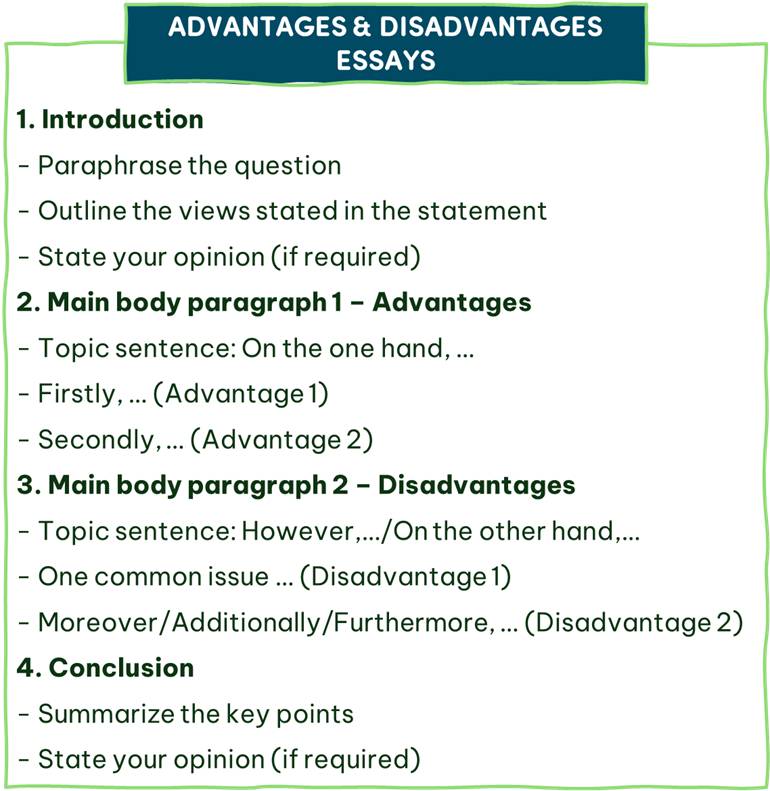Hãy nhập câu hỏi của bạn vào đây, nếu là tài khoản VIP, bạn sẽ được ưu tiên trả lời.


Living in a smart city brings many benefits and disadvantages. In this article, I will present some pros and cons of living in a smart city.
The first advantage of living in a smart city is convenience. Information and communications technology is integrated into urban systems, helping to provide public services more effectively. For example, through mobile applications, people can easily search for information about transportation, destinations, and entertainment activities. Furthermore, the smart traffic system helps reduce congestion and save travel time.
Another advantage of smart cities is energy saving and environmental protection. Advanced technologies are applied to manage and use resources effectively. For example, automatic lighting and temperature regulation in buildings help save energy. In addition, the use of smart public transport and self-driving cars helps reduce polluting emissions.
However, living in a smart city also has disadvantages. One of them is the issue of information security. With the widespread use of information technology, the risk of personal information insecurity and privacy violations increases. This requires strong security measures to ensure the safety of people's personal data.
Another drawback of smart cities is their dependence on technology. If technology systems fail or are attacked, public services could be disrupted. This poses challenges for maintaining stability and ensuring security of smart cities.
In short, living in a smart city brings many benefits such as convenience and energy savings. However, it is also necessary to pay attention to information security issues and dependence on technology. To make the most of the advantages and minimize the disadvantages, smart investment and management from city managers is needed.

Find the words that normally carry stress.
1. It is important to inform your parents before going out anywhere.
2. What are the ways to fix the problems between parents and teenagers?
3. My parents don't let me get married until I graduate from university.

1. I could hold a big party due to my Mom's help.
=> Had it not been for my Mom's help, I couldn't have held a big party
2. What you do with the money is of no interest to me.
=> I don't care what you will do with money
3. I feel uncomfortable to be in a room where everybody is shouting.
=>I can't stand being in a room where everyboby is shouting
4. The Picasso painting was so expensive that nobody could buy it.
=> So expensive was the Picasso painting that nobody could buy it.

10 destroyed that house last night, didn't it?
11 doesn't do her duty today, does she?
12 telephoned me this afternoon, didn't they?